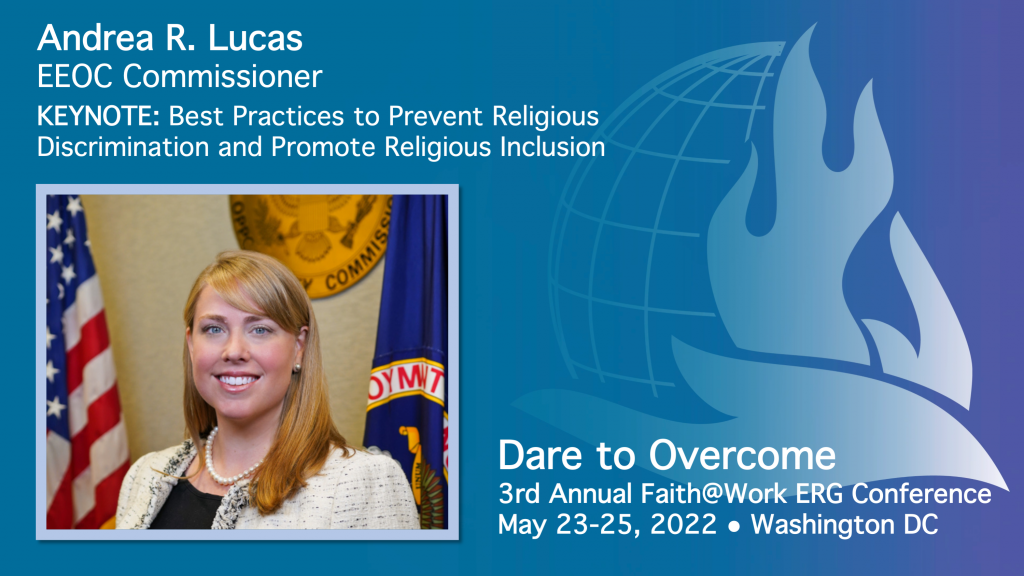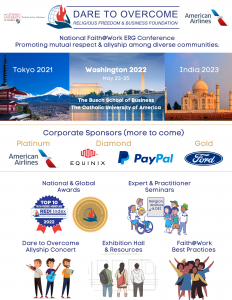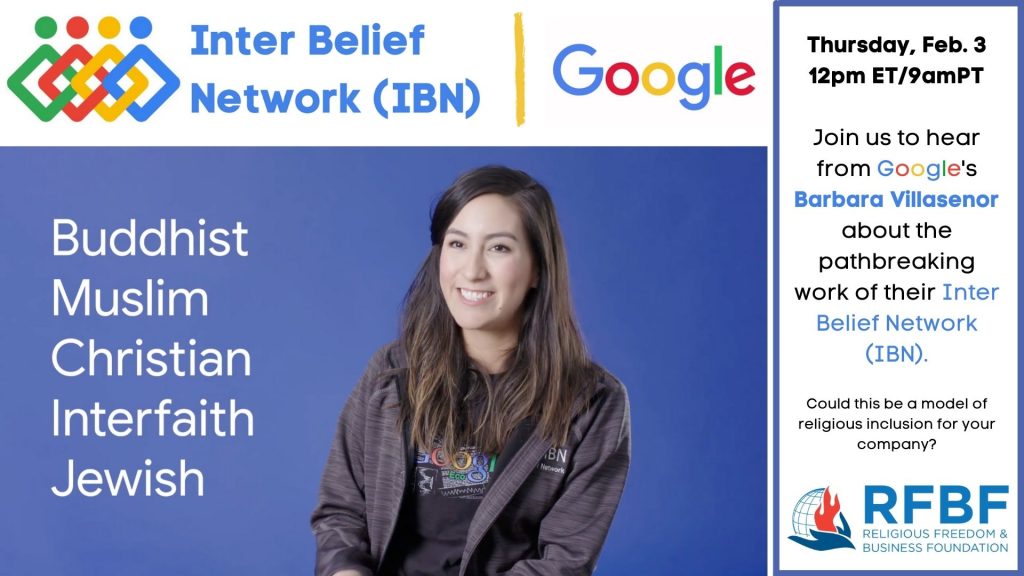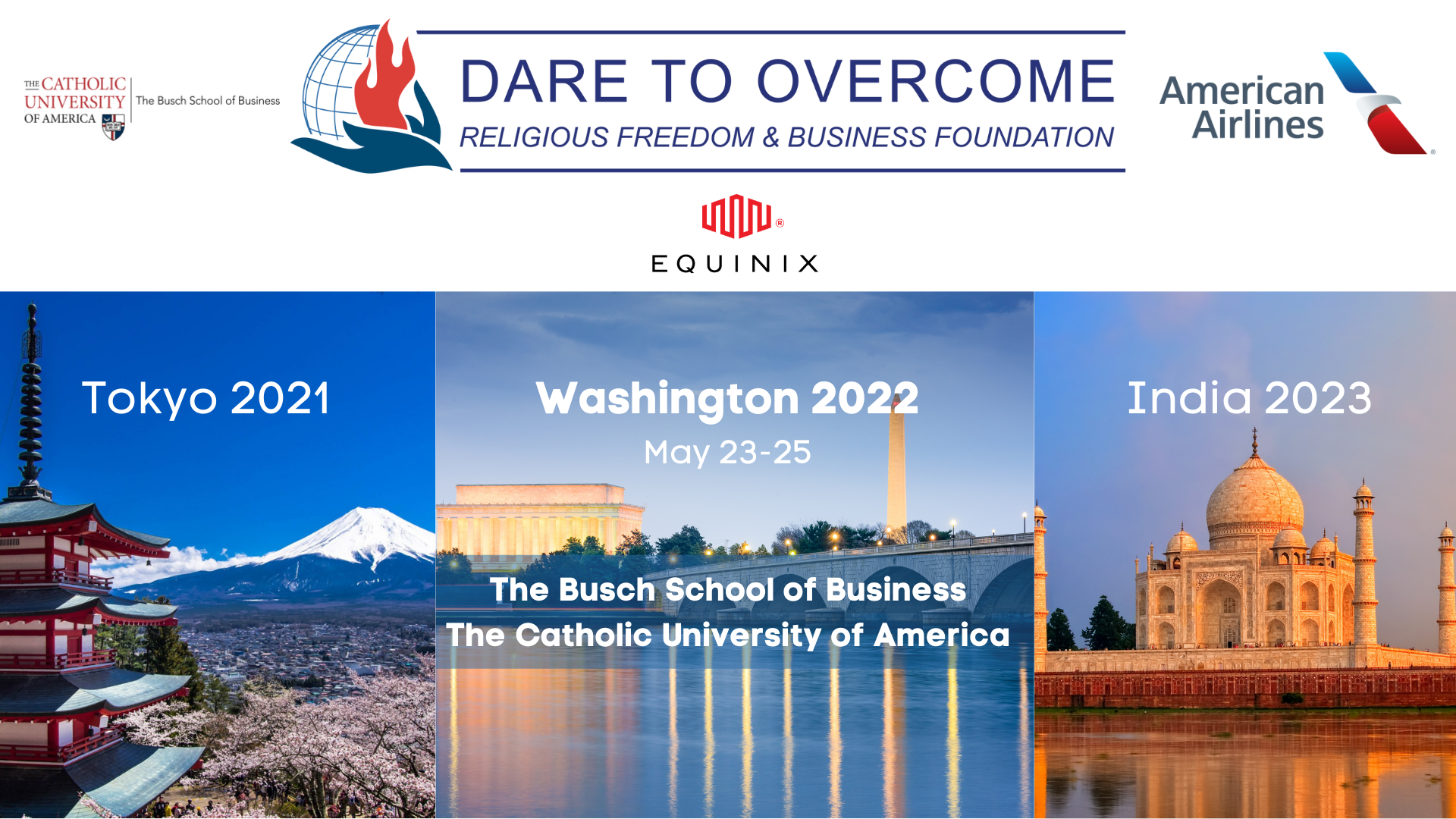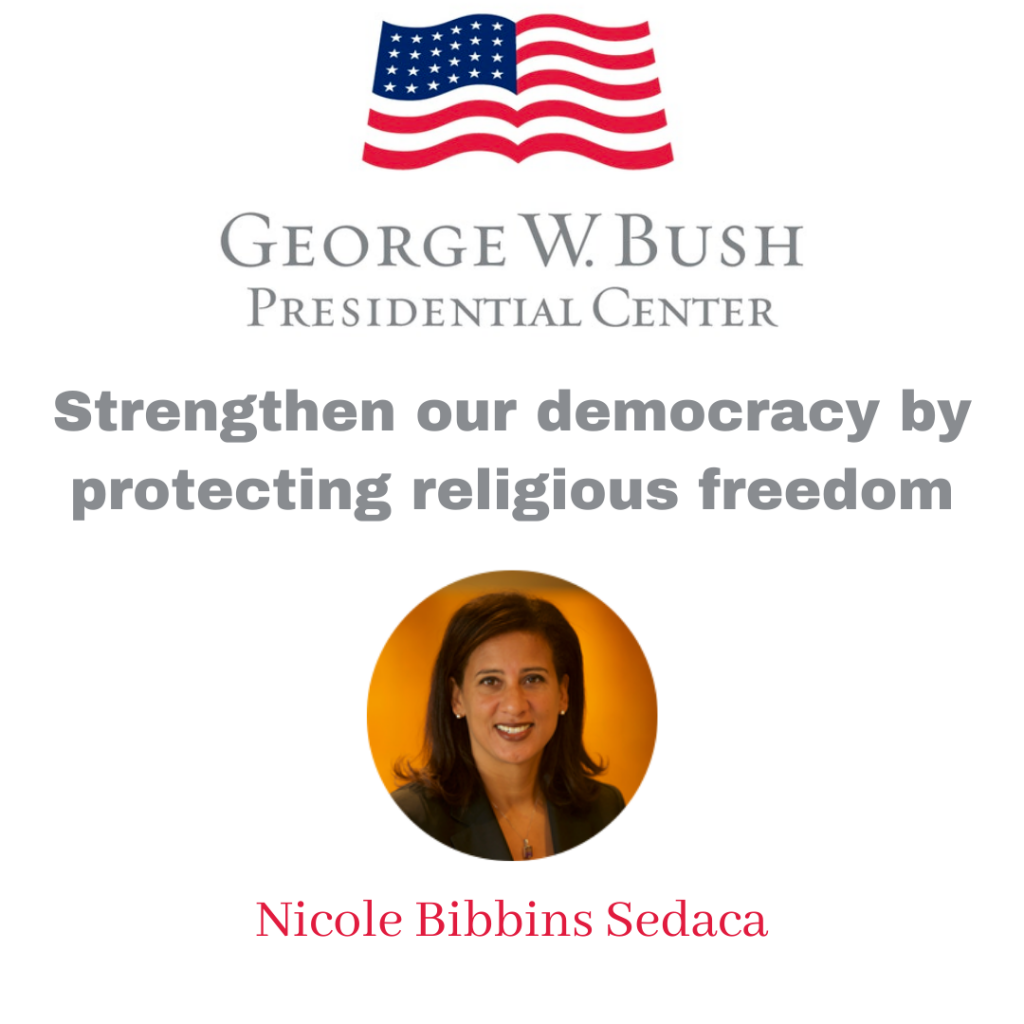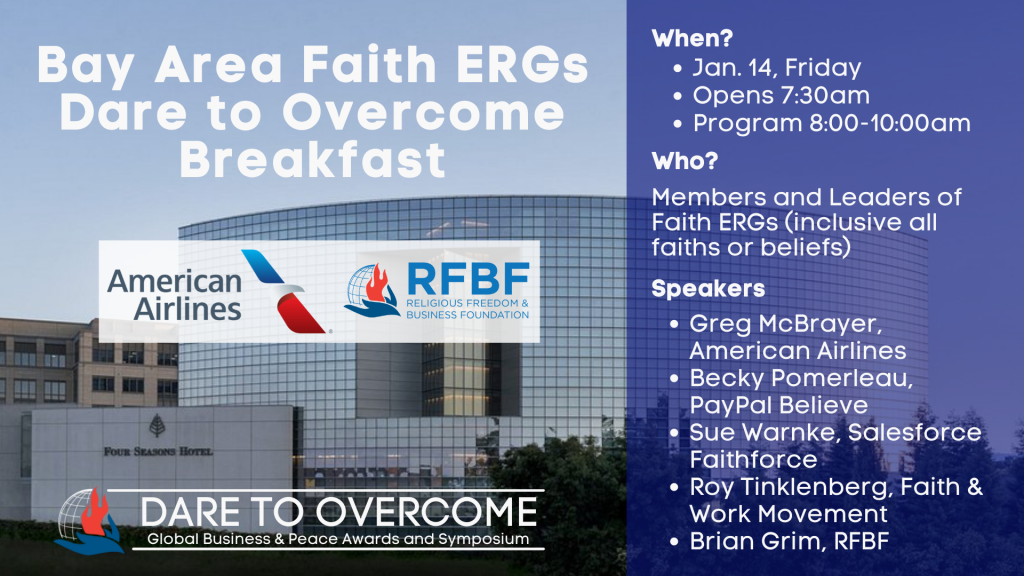Dare to Overcome (DTO): Global Business and Peace Awards & Symposium
-
— Join DTO Global Chairman, Dr. Brian Grim, for an Informational Breakfast Meeting
-
— Monday, March 21, 2022, 8:00 am, Sheraton Grand Bengaluru Whitefield Hotel
-
— Email Brian Grim for details.
Dare to Overcome’s overarching objective is to build allyship among diverse communities in the workplace and marketplace worldwide. Why? It’s good for businesses, economies and societies!
DTO 2022 will be May 23-25, 2022, in Washington, DC, where the 2022 Global Business & Interfaith Peace Award will be given along with recognition of the 2021 Global Business & Interfaith Peace Award winners who could not gather in 2021 due to covid.
2021 Gold medalists included Pat Gelsinger, CEO Intel Corporation, and Sandra Rivera, EVP of Intel.
See their acceptance speeches.
American Airlines is the global partner and official airline of Dare to Overcome (DTO), with the shared mission of caring for people along life’s journey. Many other top corporations have been involved, including Google, Intel, Salesforce, Walmart, American Express, EY, Hyundai Group, Accenture, SAP, and CVS Health. In addition to American Airlines, other corporate partners through the years include Ford, Tyson Foods, Dell, Texas Instruments, PayPal, Equinix, and Kathy Ireland Worldwide.
DTO’s mission is to shine a light on business successes in promoting mutual respect and allyship among diverse communities. Awards are given each year to CEOs and companies building peace through interfaith and intercultural understanding in their workplaces and communities.
DTO 2023 will be in India, held in tandem with the G20 Meeting, which India will host.
India’s rich cultural and religious diversity is a tremendous business asset to the country, making it an ideal location not only for DTO 2023!
For example, see below how India’s Cobra Legal represents just the tip of the iceberg of the depth of India’s companies’ commitment to building bridges of trust and community in workplaces across the country!




